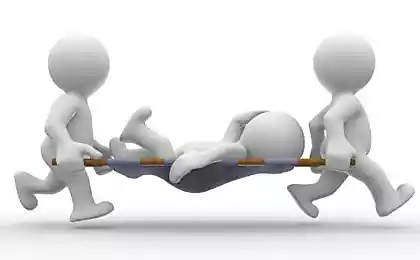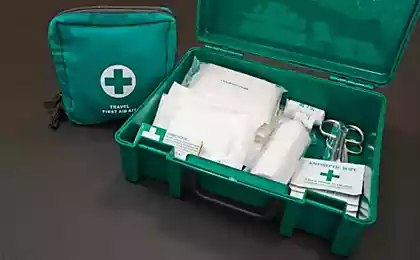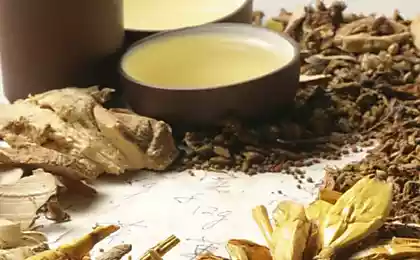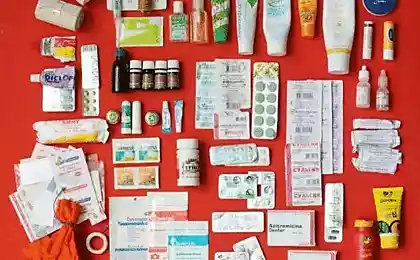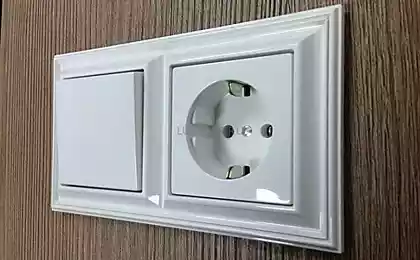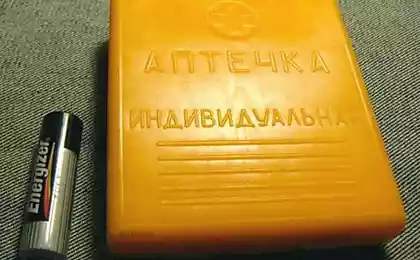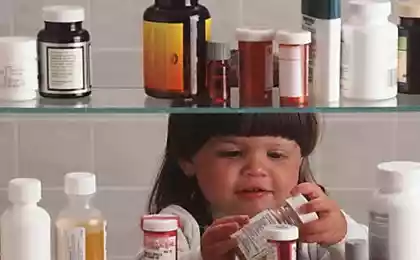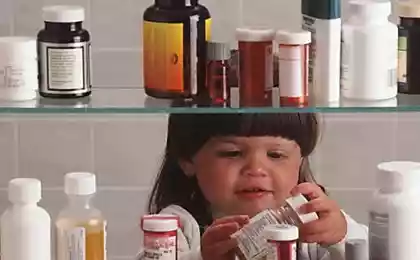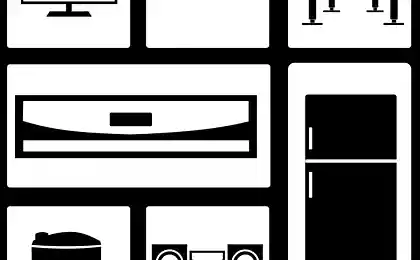503
Audit of home kits— how to find out if spoiled medications

How long have you tidied your home medicine Cabinet? Look right now, and you will find broken pills and expired syrups. These drugs must be ruthlessly thrown away.
And if the lost instructions for use of the drug or even know how and where medications were stored? Do you throw it out? Yes! All drugs without instructions for use with an unreadable expiration date, vials without labels must be disposed of.
The home kit should be left only medications within expiry date, intact packaging and with instructions for use. They should have a label indicating dosage forms (pills, ointment, suppositories, etc.), dosage international nonproprietary names, trade names.
How to determine that the medication is spoiled?
Pills. Please note that the tablets were whole, not broken, has not changed color (the color indicated in the annotation to the drug).
Capsules. If the capsule is deformed, changed solid stable form, stuck together, they should be discarded.
Ointments, liniments. A liniments is a liquid ointment for local application. The liniments, for example, apply ointment Vishnevskogo. If ointments is characteristic of elastic-plastic viscous consistency, liniments melt at the temperature of the human body. Signs of damage to the ointments and liniments are watery, heterogeneity, color changes, presence of lumps, graininess, and for ointments and even increased turnover.
Drops in the nose, eyes, ears and medications in liquid form. Cheerleaders if you find sediment on the bottom or walls of the bubble, change colour or smell, blurred.
Candles. Not suitable to use candles that changed color and smell, having damage and cracks.
The shelf life of drugs.
The shelf life of drugs indicated on the package next to the production date, number and series of the party. At the end of shelf life drugs not only lose their effectiveness and become unsafe. For effects of taking expired medicines may not be liable the manufacturer and the patient.
Where to store medication
The conditions of storage of drugs specified in the instructions and on the packaging. Most often used for storing medicines there are two temperature levels: ambient (from +17 C to +22°C) and reduced (from +5°C to +15°C) temperatures. In the refrigerator store candles, some injectables and ointments, storage conditions which require low temperatures. Medications in the refrigerator store in plastic packaging and on a separate shelf away from food products. Please note that the medication needs to be refrigerated, but not frozen.
How to transport your medication?
What to do if you have a trip or vacation to take medications that require refrigeration? Deviation from the temperature storage conditions of the drug can do its action is unpredictable and even dangerous. For transporting medications that must be stored in the refrigerator, it is wise to purchase pharmacy medical vaccine or a portable cooler.
The home kit should be medicines required for first aid and medication, which are constantly used by family members with chronic diseases. Do not buy medications "in reserve" even if they are expected to rise in price. From long-term storage medicines lose their effectiveness. In addition, over time, new, more effective tools.
And one last tip: don't take drugs by the handful, without prescription, strictly follow the dosage and method of use. The joint use of certain drugs may neutralize their effect, and in the worst case, to exert the opposite effect.
The piraha people who don't sleep
How to insulate the house, quickly, simply and with a minimum budget

